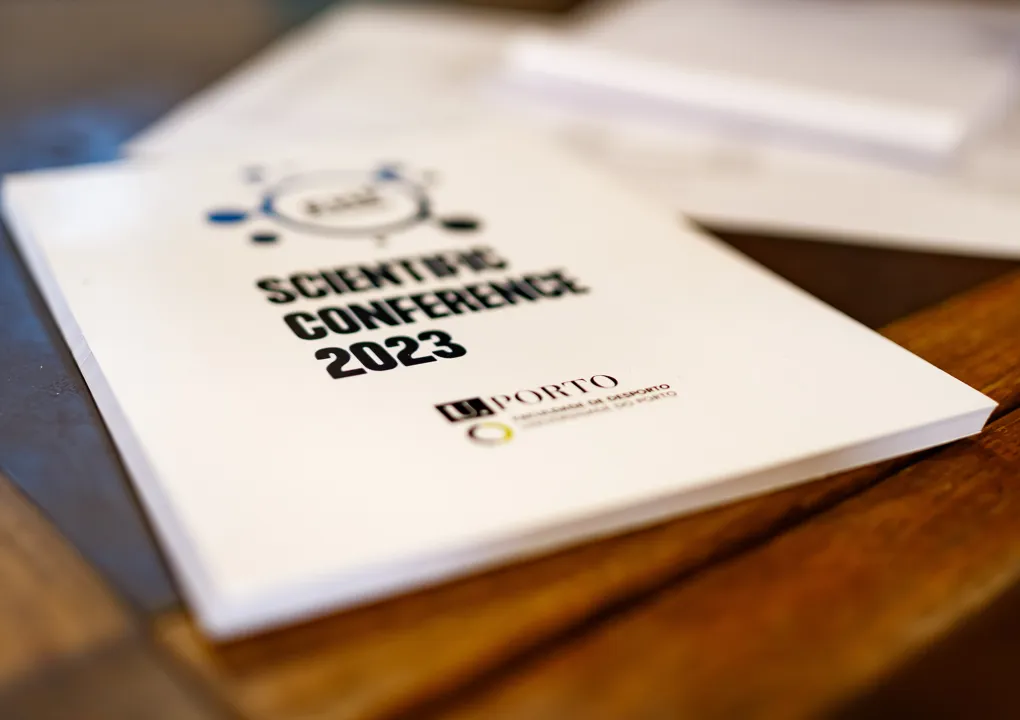There are 39 presentations taking place in total and 12 different nationalities speaking, as more than 100 participants from all over Europe either gathered at the Porto University or followed to share knowledge and learn from each other.
“The EHF Scientific Conference offers the opportunity to have access to the most recent research in all aspects of handball. It is also always an opportunity for participants to coexist and share ideas,” said EHF Methods Commission Chairman Pedro Sequeira who officially opened the event.
The focus of the seventh edition is “Sustainability in Handball – Circle of a Handball Life” – with the topic of sustainability being the focus of EHF Secretary General Martin Hausleitner’s opening words as he elaborated on the importance of sustainability in professional sports.
The speech included the integration of the EHF’s sustainability strategy into common frameworks, the route to a sustainable future by 2027 and the values of handball “Play hard, but fair!” – “Fly high, stay grounded” – “stay strong, keep evolving.”
How playing handball benefits in the short and long run
Four keynote speakers followed Sequeira and Hausleitner with each of them putting the spotlight on different aspects of the sport.
„It is important to know what you ask, because the game offers the answers,” was the insight offered by Jose Antonio Silva as he concluded his talk on the contribution of research in handball match analysis to the work of coaches.
His talk observed how to bring teams forward for success using tools such as sequential analysis in matches.
Susana Povoas, EHF expert and professor at the University of Maia in Portugal presented findings of the ‘Handball 4 Health’ project.
She offered the long list of health benefits found in those who practice regularly, from short-term wellbeing improvements to long-term anti-ageing effects.
Hans Holdhaus, Head of the EHF Anti-Doping Unit, laid out a strong mission statement that “Our goal is clean handball – we want handball without doping.” He went on to explain that largely doping occurs unintentionally in handball and that the aim of this mission needs to be education.
Niels Rossing, associate professor at the Aalborg University in Denmark, provided a riveting speech on the lessons that can be learned from the Happy League – an international handball community of children and youngsters with cognitive disabilities – as he emphasised that the motive to play sport and the practice of it should be aligned in the same way it is for Happy League.
The 7th EHF Scientific Conference continues on Friday. Click here to view the full programme.

















